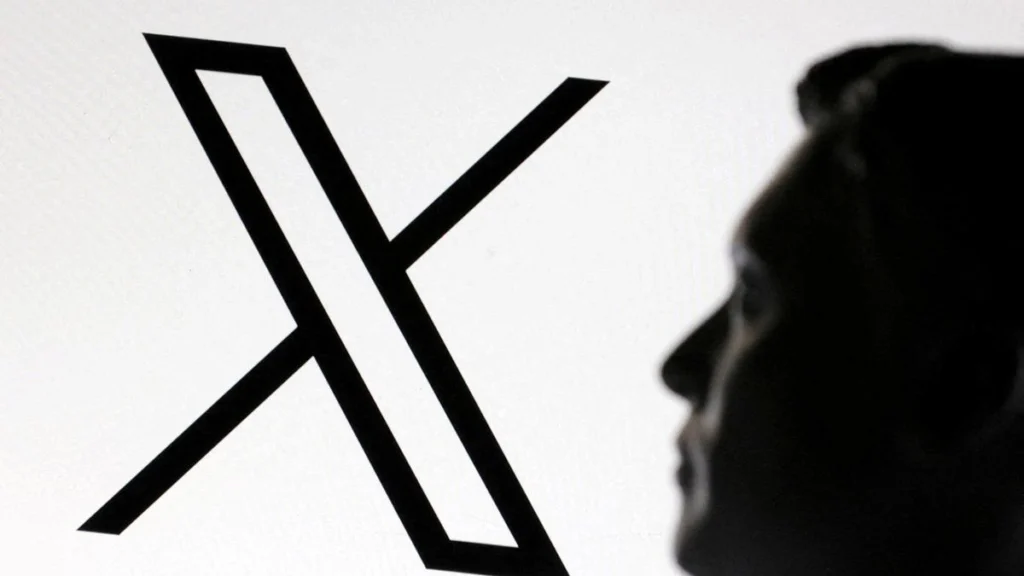Musk’s X sues to block Minnesota ‘deepfake’ law over free speech concerns

X Sues Minnesota Over Deepfake Law, Citing Free Speech Violations
On April 23, 2025, Elon Musk’s social media platform, X, took legal action against Minnesota over the state’s newly enacted law that bans AI-generated deepfakes during election seasons. The law prohibits creating manipulated content aimed at swaying voters. However, X argues that this law violates the First Amendment, as it curtails free speech rights.
The law specifically targets deepfakes—videos or audio that appear realistic but are entirely fabricated using artificial intelligence. While Minnesota maintains the law prevents election manipulation, X claims it unfairly restricts free speech and censors content. The platform believes the law could limit political commentary and creativity.
The Rise of Deepfakes and Their Impact on Elections
Deepfakes have become a growing concern in the digital age, especially in the context of elections. With AI algorithms, anyone can create highly convincing videos or audio that make people appear to say or do things they never did. The ease of creating deepfakes has increased the risks associated with misleading voters and spreading misinformation during election cycles.
In the past, manipulated content has spread rapidly, leaving voters confused and undermining the integrity of elections. Deepfakes can cause irreparable harm by misrepresenting political figures and manipulating public opinion. As digital media continues to dominate, governments face rising pressure to regulate technologies that threaten electoral integrity.
X’s Lawsuit: Defending Free Speech
In the lawsuit, X argues that Minnesota’s law unjustly infringes upon free speech. The company believes the law unreasonably limits political commentary and creative expression. X claims deepfakes, while controversial, often serve legitimate purposes, including political satire, criticism, and artistic expression, all of which are protected under the First Amendment.
X insists that deepfakes should not automatically be treated as harmful. Many content creators use the technology for humorous or artistic purposes, not to deceive the public. X also emphasizes that the law’s vague language could result in overreach and silence legitimate speech, creating a chilling effect where creators fear sharing content that might be misinterpreted as deceptive.
Minnesota’s Position: Safeguarding Election Integrity
Minnesota officials, however, stand by the law, asserting that it is crucial for protecting the integrity of elections. Governor Tim Walz has backed the law, claiming that deepfakes can mislead voters and undermine trust in the electoral process. He argues that the law is a necessary tool to combat disinformation and ensure a fair voting system.
Minnesota’s defense focuses on the idea that misleading content should not fall under the same constitutional protections as truthful speech. The state claims that the potential harm from deepfakes justifies the limitations on free speech, especially when such content intentionally deceives the public during sensitive times like elections.
A Global Debate: Regulation vs. Free Expression
The lawsuit between X and Minnesota raises broader questions about how society should balance regulation with the protection of free speech. Deepfakes certainly pose a serious risk to the electoral process, but restricting them too heavily could stifle creativity, artistic freedom, and satirical expression. As deepfake technology becomes more accessible, governments must navigate the fine line between protecting democracy and suppressing legitimate expression.
The outcome of this case could set a legal precedent for how artificial intelligence and digital content are regulated. If the court sides with X, it could limit the scope of future legislation aimed at regulating AI-generated content. On the other hand, if Minnesota prevails, it could empower other states to implement similar laws, leading to widespread regulation of deepfakes.
What’s at Stake: A New Era of Digital Regulation?
The deepfake debate touches on larger concerns about how society deals with emerging technologies. Governments face increasing pressure to protect citizens from harmful content while respecting free speech. This case will determine how far regulators can go to limit the spread of misleading media without overstepping individual rights.
If Minnesota’s law stands, it could usher in a new era of digital regulation, where governments more strictly control what can and cannot be shared online. While this might protect voters from manipulative tactics, it could also limit freedom in unforeseen ways, including the suppressing of political discourse and creative work.
The Future of Tech Regulation
As deepfake technology becomes more sophisticated, governments around the world must develop strategies to regulate AI without limiting free expression. This case could influence global policy, encouraging other nations to address deepfake regulation in ways that balance protection and freedom.
The European Union, China, and India have already introduced strict regulations on tech companies, and this case could serve as a model for future AI legislation. The debate will likely continue to evolve, as artificial intelligence plays an increasing role in the way people communicate, create, and consume information.
Conclusion: A Defining Moment for Free Speech and Digital Regulation
The legal battle between X and Minnesota will have far-reaching consequences. This case represents a critical juncture in the conversation about free speech, digital expression, and electoral integrity in the age of AI. As the outcome unfolds, society must navigate the complexities of regulating emerging technologies while ensuring that freedom of speech remains protected. The case also underscores the need for clear guidelines and responsible regulation to handle the evolving digital landscape.






